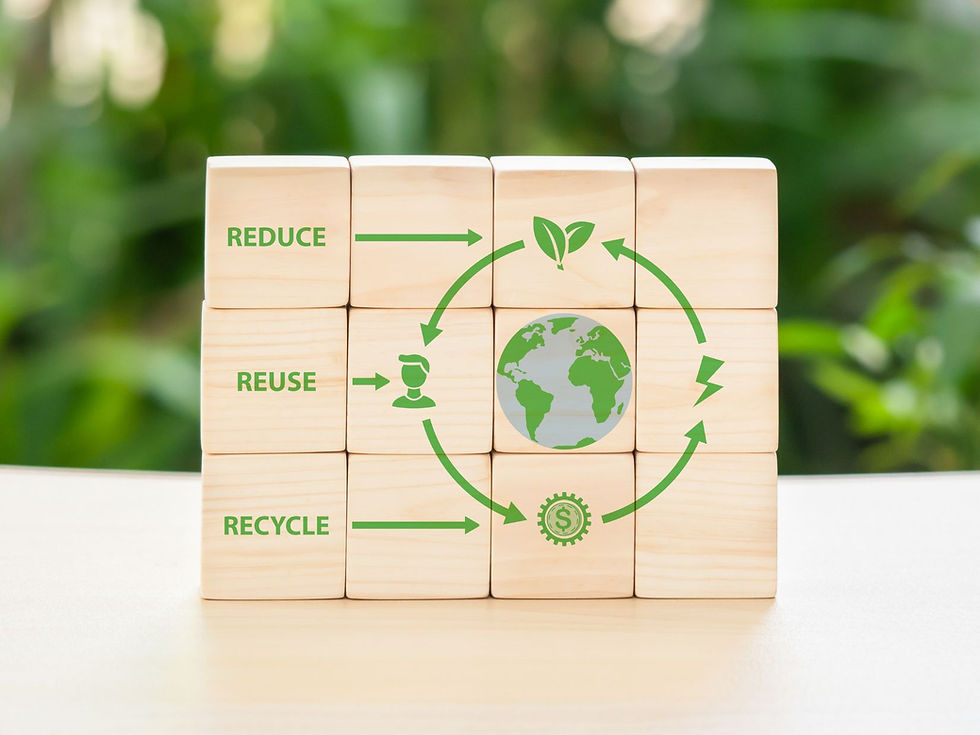



BioReturn
The textile industry is responsible for approximately 10% of global carbon emissions. Every year, millions of tons of polyester are produced—a fiber that can take up to 200 years to fully decompose in the environment.
Bio-based textile technology offers an advanced solution for the development of sustainable garments, significantly reducing environmental impact. These materials are engineered to ensure high levels of durability and performance, meeting the most demanding standards of functionality and comfort.
BioBased Technology
Bio-based fibers represent a new generation of materials that prioritize sustainability without compromising functionality. Developed with a focus on environmental efficiency, these fibers enable the creation of garments that offer excellent performance and durability—aligned with the demands of a more environmentally conscious world.
.jpg)
Impact
Compared to conventional polyester, these materials achieve a 75% reduction in greenhouse gas emissions. They also decompose significantly faster—breaking down in under five years under controlled conditions, as opposed to the more than 200 years required for traditional polyester. Despite their biodegradability, they maintain optimal performance, offering high resistance to extreme conditions and long-lasting comfort, making them ideal for extended use in demanding environments.
.jpg)
Energy Self-Sufficiency
-
In line with our commitment to the environment, TEDISA has implemented solar panels that supply 100% of the energy consumed by our main facility. This step not only reduces our carbon footprint but also promotes a sustainable operational model. In addition, we continuously evaluate new technologies and practices to optimize the use of natural resources and minimize the environmental impact of our operations.
.jpg)
.jpg)
ISO 14001: Responsible Environmental Management
All our processes comply with ISO 14001 certification, ensuring a robust and sustainable environmental management system. This framework enables us to optimize resource use and reduce the environmental impact of our operations. From material selection to final production, every stage is controlled to minimize waste, promote recycling, and meet strict environmental regulations.
Compostable Textiles
Integration of compounds that accelerate textile decomposition through the action of natural enzymes. These additives interact with environmental microorganisms, breaking down textile fibers efficiently and ecologically. Being biodegradable, they reduce environmental impact without compromising the durability or performance of the textile throughout its useful life.
.jpg)